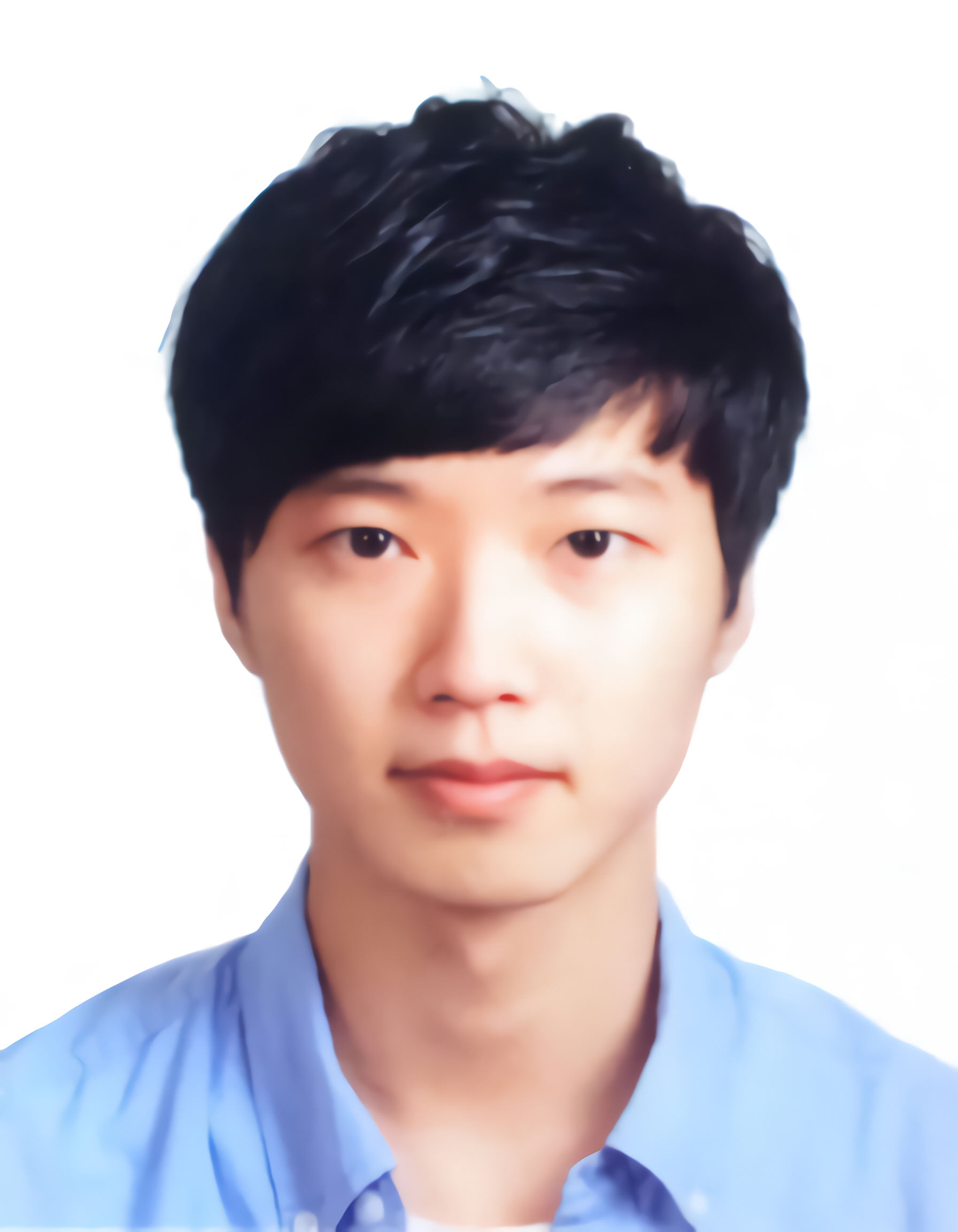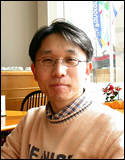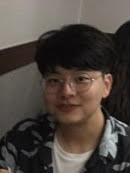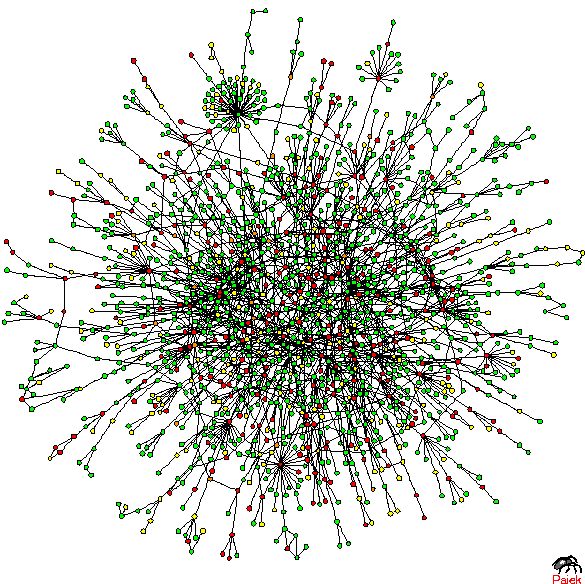
COVID-19 Thanks Challenge 2020. 7. 2.

Merry Christmas! CSSPL

2019 Farewell party in Dept. of Phys.

Welcome Prof. Eom!

Well done Chris! See you again!






































The nature is a many-body system composed of many components, and can be considered as a composite entity showing complex phenomena arisen from various interactions among its components. Recently the efforts toward understanding complex systems, which refer to the composite entity, have appeared vigorously. The investigation on complex systems has come to be considered as an important subject of physics in the 21st century, and especially as a good example of interdisciplinary researches for which physicists, mathematicians, economists, biologists, and computer scientists can gather together. In study on complex systems, we apply the concept of a network, where complex interactions (links) between many different objects (nodes) are interwoven, to understand the structures and properties of such complex systems and collective behaviors emerging from them. Examples of such networks cover many interesting areas including technological networks such as the Internet and World Wide Web, metabolic networks representing interactions among metabolites in cells, and economic networks explaining the correlation among stock prices of companies. In our lab., we investigate the complex systems from telecommunication, economics, society, biology, etc., based on the concept of networks by exploiting the analytic and computational approach typically used in statistical physics, along with conventional phenomenological approaches.

Constructing protein and genetic networks and analyzing their structures and properties, based on the data from the massive experiments analyzing proteins and genes, which have been achieved in biology recently. Network Modeling Understanding the properties of real networks, and trying to enhance appreciation about the emergence of networks by effectively imitating those properties from simple models of networks. Self-Organized Pattern Formation Understanding the pattern formation emerging from complex systems and studying the effect of the pattern formation on the dynamical properties of the system. Applications are quite broad, from non-equilibrium chemical reactions to theoretical ecology. Economics as Complex System Economic phenomena have the typical properties of complex adaptive system (CAS) by active feedbacks among participants. By applying methods of statistical physics, we are trying to understand the complex phenomena of economics.
Understanding the properties of real networks, and trying to enhance appreciation about the emergence of networks by effectively imitating those properties from simple models of networks.
Understanding the pattern formation emerging from complex systems and studying the effect of the pattern formation on the dynamical properties of the system. Applications are quite broad, from non-equilibrium chemical reactions to theoretical ecology.
Economic phenomena have the typical properties of complex adaptive system (CAS) by active feedbacks among participants. By applying methods of statistical physics, we are trying to understand the complex phenomena of economics.
The aim of this page is to give access to the network topologies we have studied.
We are in the process of expanding this database.
Feel free to use these data in your research.
R. Albert, H. Jeong, and A.-L. Barabasi, Nature 401, 130 (1999) .
[Download]
A.-L. Barabasi and R. Albert, Science 286, 509 (1999) .
[Download]
H. Jeong, B. Tombor, R. Albert, Z. N. Oltvai, and A.-L. Barabasi, Nature 407, 651 (2000) .
H. Jeong, B. Tombor, R. Albert, Z. N. Oltvai, and A.-L. Barabasi, Nature 407, 651 (2000) .
[Download]
[Database] Contact to the Prof. Jeong .